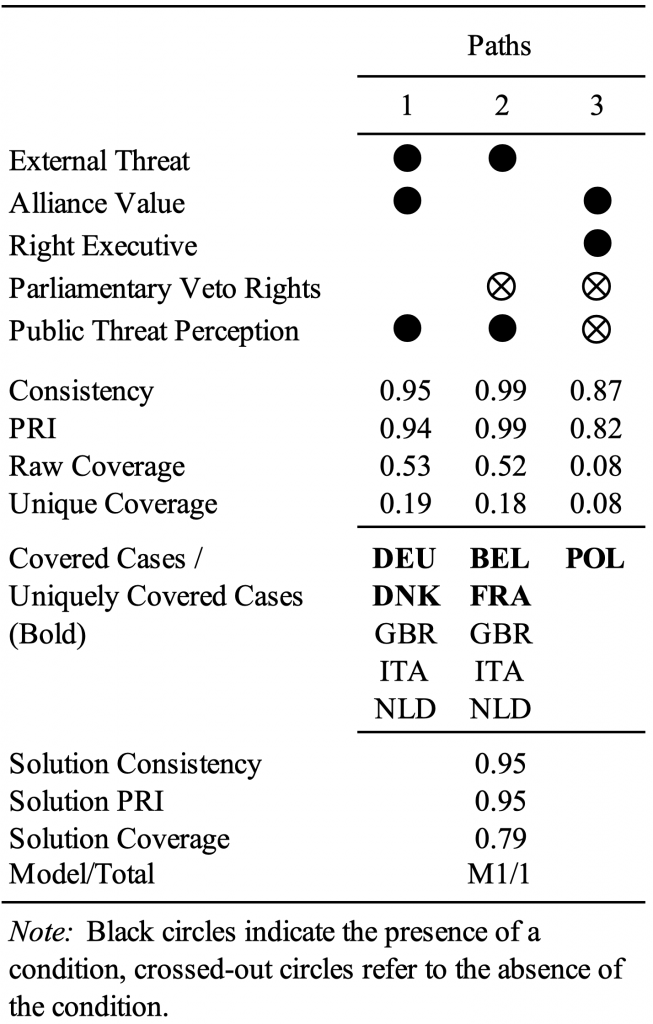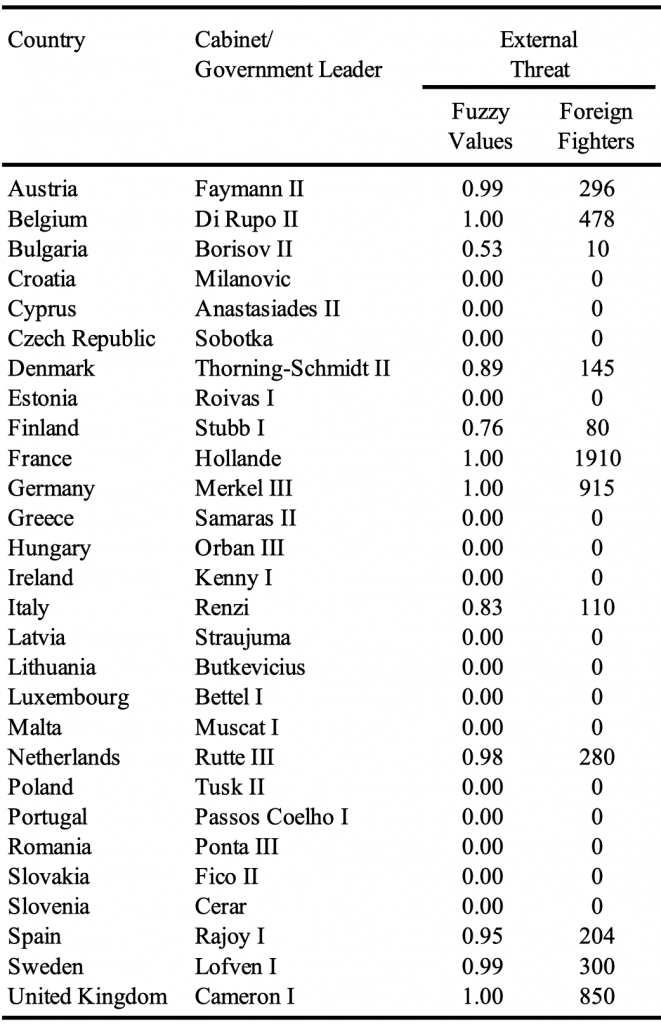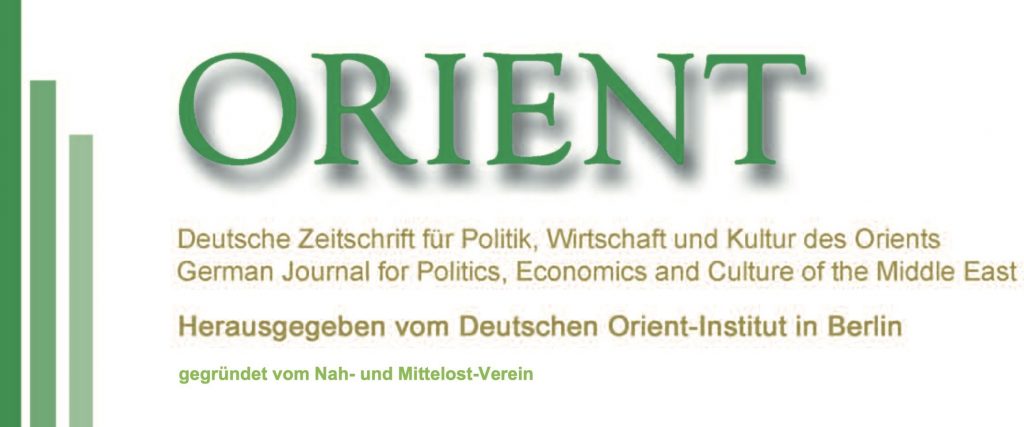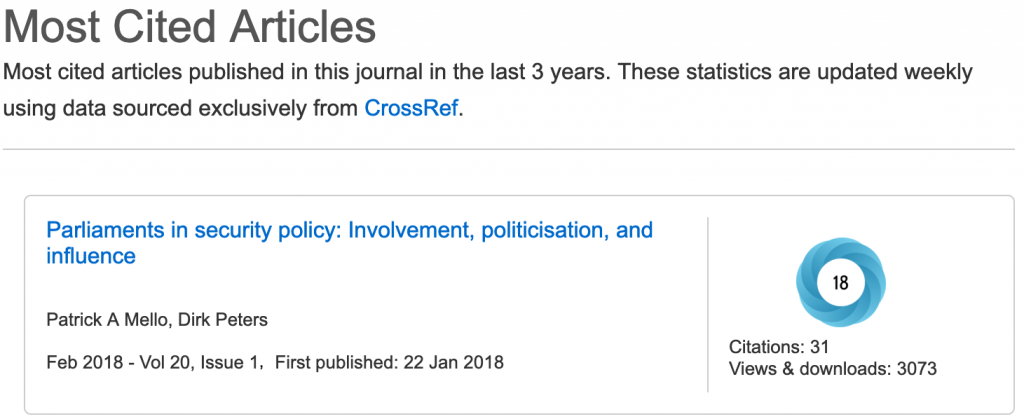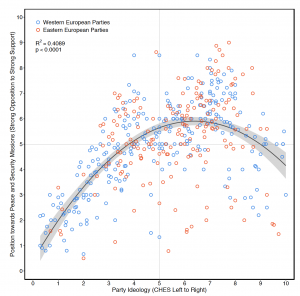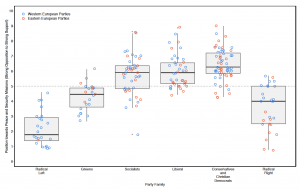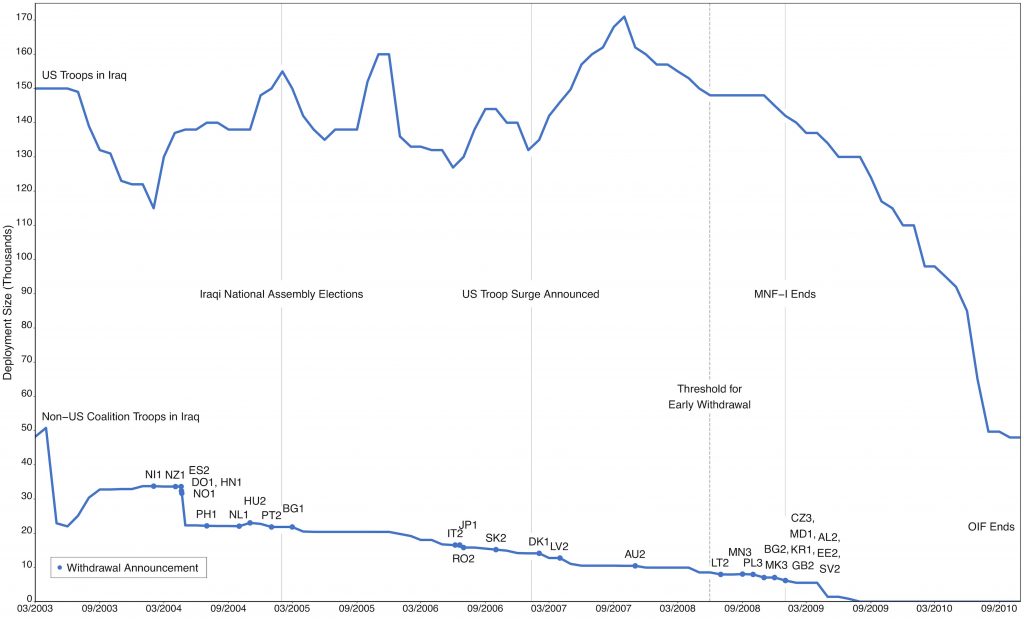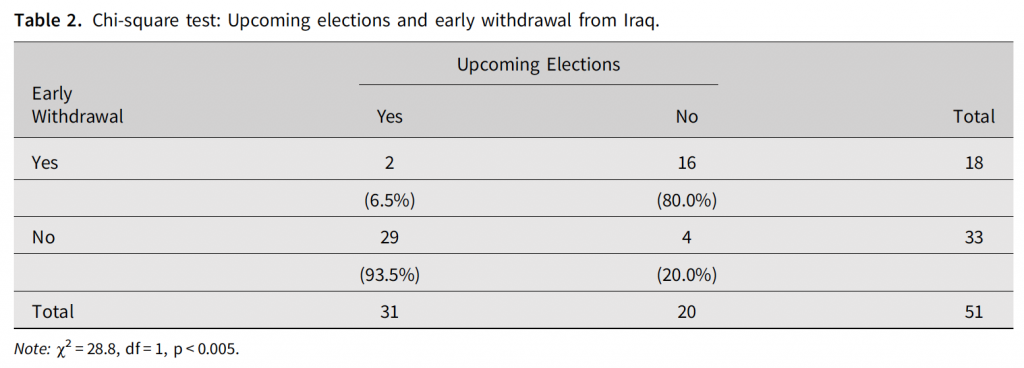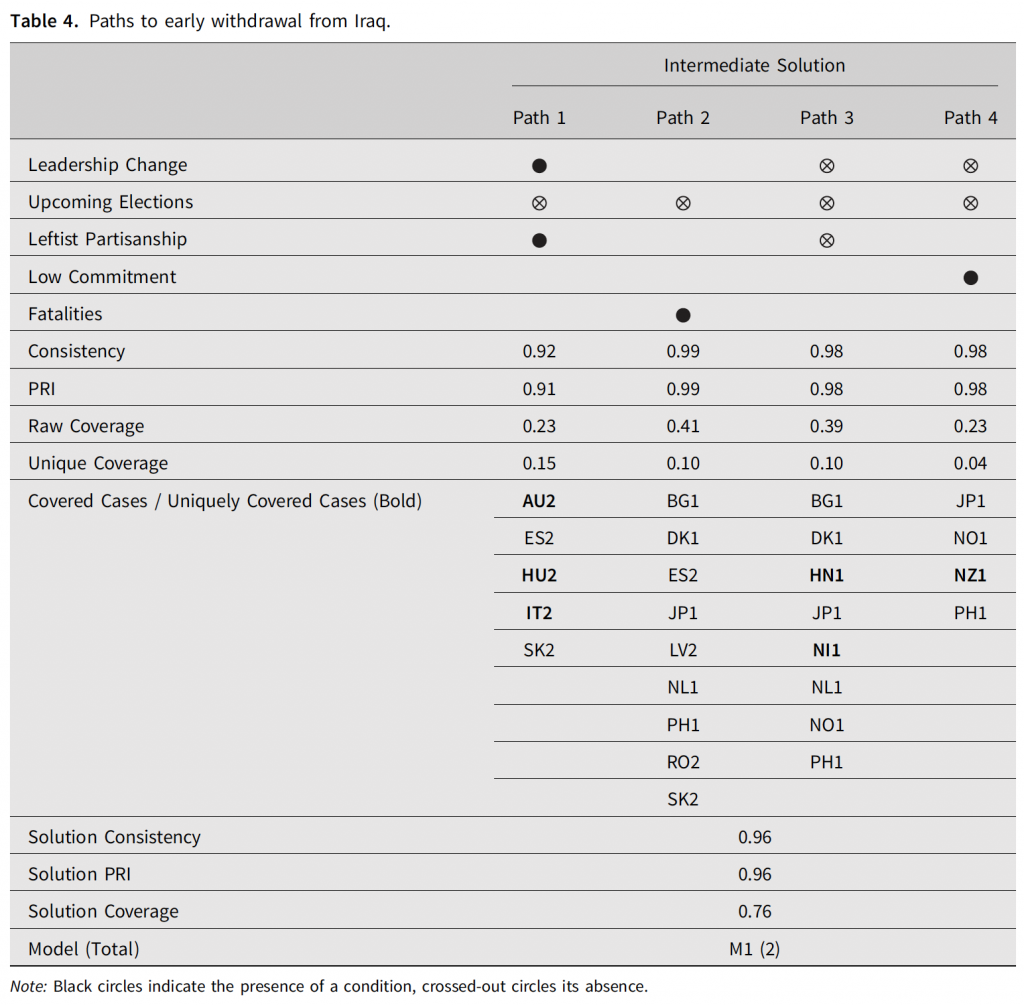
Incentives and Constraints: A Configurational Account of European Involvement in the anti-Daesh Coalition
The European Political Science Review (Cambridge University Press) published my article “Incentives and Constraints: A Configurational Account of European Involvement in the anti-Daesh Coalition“. Supplementary material to the set-theoretic analysis, including the results of robustness tests, can be accessed here.
Abstract: In 2014, the USA initiated the formation of a multilateral military operation against Daesh in Syria and Iraq. Eventually, more than 70 states joined the anti-Daesh coalition. However,contributions to the military effort have been characterized by great variance, especially among EU member states. While some states took leading roles in the airstrikes, others provided training for Iraqi and Kurdish forces, and still others did not get involved beyond voicing their support for the policy. Against this backdrop, this article makes a two-fold contribution to the literature on military coalitions and security policy. Empirically, the article provides a mapping of the then 28 EU member states’ military engagement in the fight against Daesh in Syria and Iraq. Analytically, fuzzy-set Qualitative Comparative Analysis (fsQCA) is applied to account for the observed pattern of military involvement, using an integrative framework that combines international and domestic factors. The results demonstrate that multiple paths led towards EU military involvement in the anti-Daesh coalition. At the same time, international level incentives, such as external threat and/or alliance value feature prominently in all three identified paths. The analysis further underscores the value of a configurational perspective, because neither an external threat nor alliance value are sufficient on their own to bring about the outcome. Across the set-theoretic configurations, these conditions either combine with other ‘push’ factors or with the absence of constraints against military involvement. In line with the latter, the article highlights the policy relevance of institutional constraints, especially legislative veto rights, since most of those countries that were involved in the airstrikes of the anti-Daesh coalition did not have formal parliamentary involvement on matters of military deployment policy.
Corrigendum: The published article contains erroneous illustrations. A correction notice has been published on the EPSR website. Meanwhile, a correct preprint version of the article can be accessed here.
